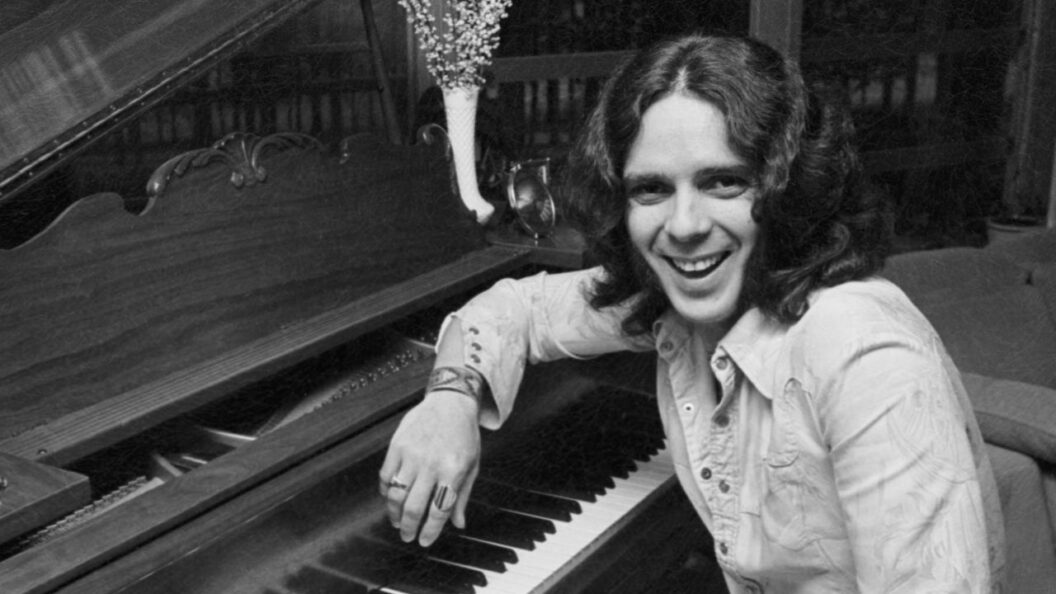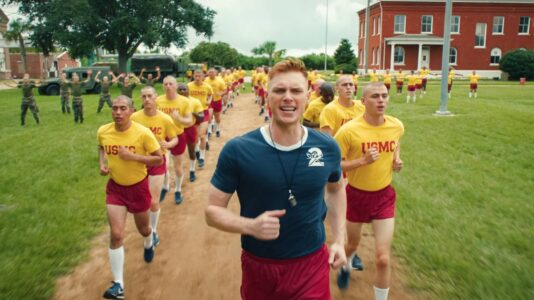Bobby Whitlock, Influential Musician and Co-Founder of Derek & the Dominos, Passes Away at 77
Introduction
Bobby Whitlock, the celebrated singer-keyboardist and co-founder of the iconic blues-rock band Derek & the Dominos, has passed away at the age of 77. His manager, Carol Kaye, confirmed the news following a recent cancer diagnosis. Whitlock’s contributions to music, particularly in the 1970s, left an indelible mark on the industry.
Early Life and Career Beginnings
Born on March 18, 1948, in Memphis, Tennessee, Whitlock was drawn to music from a young age. He began his musical journey by learning the keyboard and organ, quickly establishing connections with artists affiliated with Stax Records. His early encounters included interactions with notable figures such as Booker T. & the M.G.’s and Albert King. Whitlock made his recording debut by providing handclaps for Sam & Dave’s hit “I Thank You,” becoming the first white artist to sign with Stax Records.
At Stax, he played the organ in local bands, honing his skills and showcasing his talent within the vibrant soul scene of Memphis. His early experience not only allowed him to perform regularly but also set the stage for his future collaborations.
Transition to Rock and Key Collaborations
In an unexpected turn, Whitlock chose to leave Memphis and join the rock and soul duo Delaney & Bonnie. He played keyboards and provided backing vocals on their albums Home and Accept No Substitute. This alignment introduced him to a network of musicians who would become pivotal to his career, including Carl Radle and Jim Gordon, who later joined him in Derek & the Dominos.
A significant moment in Whitlock’s career came when Delaney & Bonnie opened for Eric Clapton’s band, Blind Faith. This encounter led to a fruitful collaboration. Clapton described Whitlock as “the most energetic sideman I had ever seen,” highlighting the mutual admiration and rapport that would define their professional relationship.
Formation of Derek & the Dominos and The All Things Must Pass Sessions
Following the release of Delaney & Bonnie’s live album On Tour with Eric Clapton in 1970, Whitlock eagerly sought new opportunities. He joined Clapton, Radle, and Gordon for a session, which resulted in their formation of Derek & the Dominos. The band’s album, Layla and Other Assorted Love Songs, features some of Whitlock’s most recognizable work.
Beyond his role in Derek & the Dominos, Whitlock significantly contributed to George Harrison’s All Things Must Pass, playing a variety of instruments including organ, piano, and tubular bells. This album achieved critical acclaim and commercial success, reaching No. 1 on the Billboard charts. Whitlock’s contributions are evident in hits such as “My Sweet Lord” and “What Is Life,” showcasing his versatility as a musician.
Legacy and Impact
Bobby Whitlock’s death marks the loss of a deeply influential figure in the music industry. His early experiences in Memphis, collaborations with Eric Clapton, and significant contributions to landmark albums are pivotal in understanding the evolution of rock and blues music.
As fans and fellow musicians reflect on his legacy, Whitlock’s impact can be felt in the continued appreciation for the music he helped create. His journey exemplifies the interconnections within the music world and highlights the importance of collaboration across genres.
In the coming days, tributes and remembrances from fellow artists and fans are expected, celebrating a life dedicated to music and artistic expression. For those wishing to honor Whitlock’s legacy, his music continues to resonate, reminding listeners of his immense talent and the rich history he contributed to within the blues-rock genre.
For fans eager to revisit his work, listen to Bobby Whitlock’s contributions in Derek & the Dominos and George Harrison’s All Things Must Pass on various streaming platforms.
Conclusion
Bobby Whitlock’s influence extends beyond his immediate work, shaping the sounds of the ’70s and inspiring future generations of musicians. His passing represents not only the end of an era but also serves as a poignant reminder of the power of music to connect and resonate across time.









